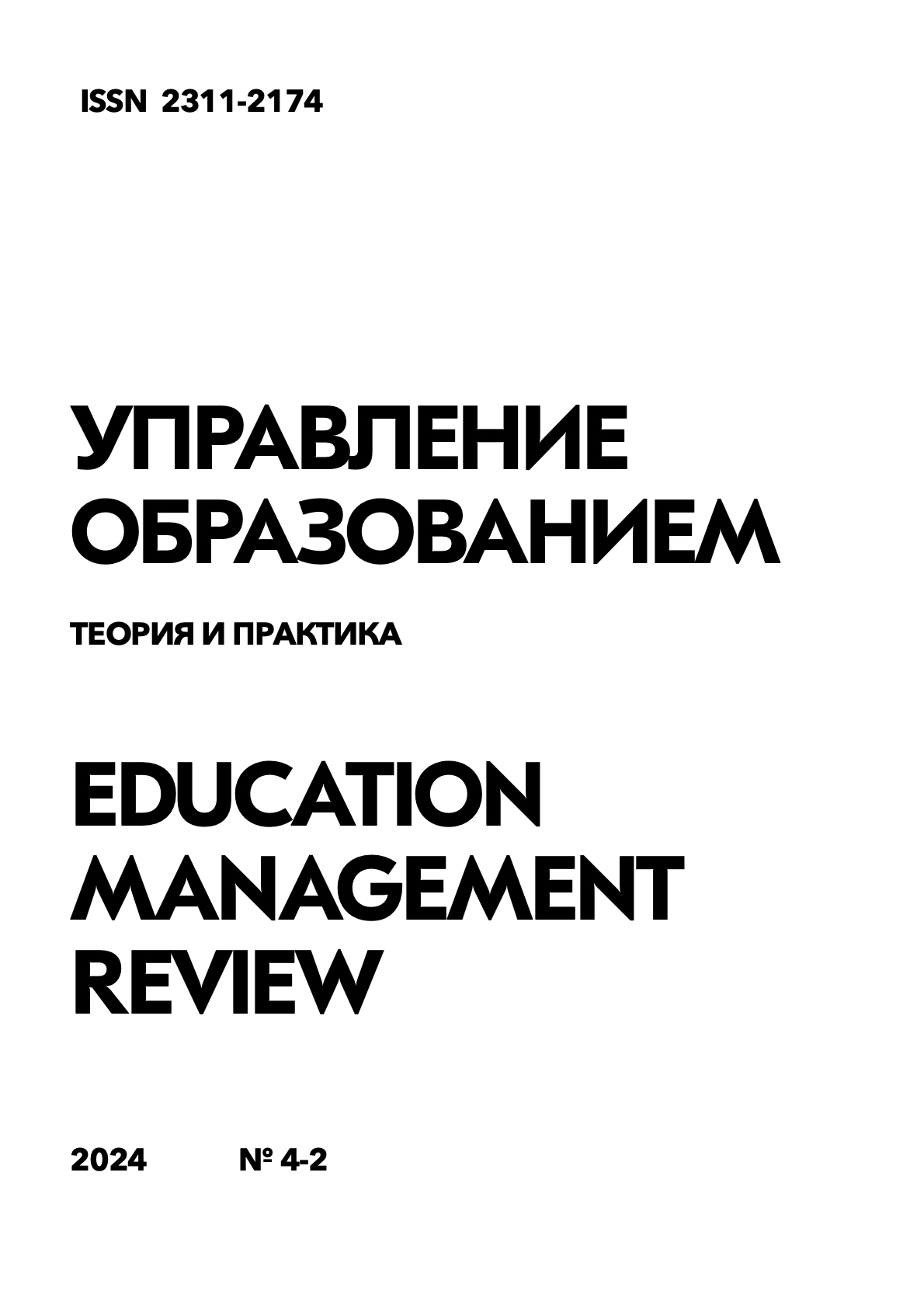Институционализация онлайн-образования: организационно-правовой аспект
Ключевые слова:
институционализация, онлайн-образование, электронное обучение, дистанционные образовательные технологии.Аннотация
В статье рассматривается законодательная база как основа институционализации отечественного онлайн-образования, исторический процесс формирования требований, предъявляемых к условиям использования дистанционных образовательных технологий и качеству онлайн-образования, а также технологическая база их реализации в современных условиях. В статье рассматриваются различные аспекты институционализации онлайн-образования с акцентом на организационно-правовые параметры. В условиях стремительного развития цифровых технологий и растущей популярности дистанционного обучения, важно понять, как формируются и регулируются институты, способствующие этому процессу. Автор анализирует текущие нормативно-правовые акты, касающиеся онлайн-образования, и выявляет ключевые проблемы, связанные с их реализацией. Особое внимание уделяется вопросам аккредитации и сертификации образовательных программ, а также правового положения преподавателей и студентов. В статье отмечается необходимость адаптации существующих нормативных баз к новым реалиям цифрового обучения и предлагаются рекомендации по совершенствованию правового регулирования для обеспечения качества и доступности онлайн-образования. Автор также обсуждает роль различных институциональных структур в поддержке и развитии дистанционных образовательных технологий. Основные выводы статьи указывают на то, что успешная институционализация онлайн-образования возможна только при всестороннем подходе, учитывающем организационные, правовые и технологические аспекты. В заключение подчеркивается значимость междисциплинарного сотрудничества для создания эффективных механизмов регулирования и устойчивого развития онлайн-образования в долгосрочной перспективе.
Библиографические ссылки
Методические рекомендации по организации обучения на дому детей-инвалидов с использованием дистанционных образовательных технологий, утверждены Письмом Министерства образования и науки РФ № 07-832 от 10 декабря 2012 г. 2012.
Закон РФ от 10 июля 1992 г. № 3266-I «Об образовании» (утратил силу). 1992.
Приказ Минобрнауки России № 137 от 06.05.2005 г. «Об использовании дистанционных образовательных технологий» (утратил силу). 2005.
Федеральный закон № 273-ФЗ от 29.12.2012 г. «Об образовании в Российской Федерации». 2012.
Приказ Минобрнауки России № 816 от 23 августа 2017 г. «Об утверждении Порядка применения организациями, осуществляющими образовательную деятельность, электронного обучения, дистанционных образовательных технологий при реализации образовательных программ» (утратил силу). 2017.
Письмо Министерства просвещения РФ ГД1736/03 от 12 октября 2020 г. № «О рекомендациях по использованию информационных технологий». 2020.
Постановление Правительства РФ№ 1595 от 22.09.2021 г. «О внесении изменений в Постановление Правительства Российской Федерации№ 301 от 2 марта 2021 г. 2021.
Постановление Правительства РФ № 1678 от 11 октября 2023 г. № 1678 «Об утверждении Правил применения организациями, осуществляющими образовательную деятельность, электронного обучения, дистанционных образовательных технологий при реализации образовательных программ». 2023.





